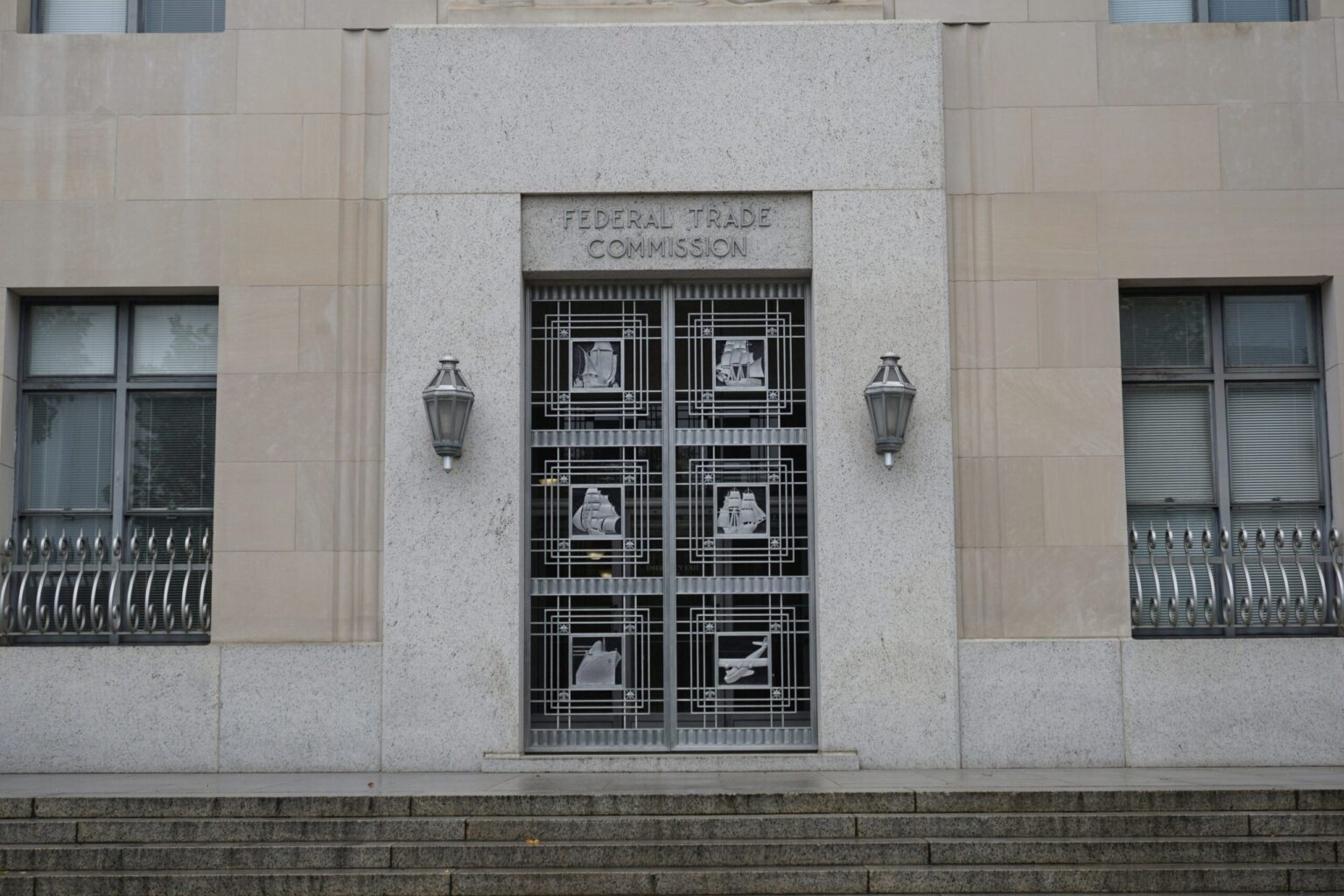Introduction of the Ban
On April 30, 2024, the Federal Trade Commission (FTC) implemented a historic nationwide ban on non-compete agreements, affecting an estimated 30 million workers across the United States. This groundbreaking decision is set to revolutionize the workforce by empowering employees with greater mobility and offering them the freedom to pursue new job opportunities without the constraint of non-compete clauses.
What Are Non-Compete Agreements?
Non-compete agreements are legal contracts that employers have traditionally used to prevent employees from joining competing businesses or starting similar ventures for a specified period after leaving their job. These clauses have been especially common in industries where intellectual property, trade secrets, or proprietary information are key to business success. While employers argue that non-compete clauses protect their competitive advantage, critics claim they hinder workers’ ability to advance their careers and suppress wages.
The Impact on Workers and Employers
The FTC’s ban on non-compete agreements has been hailed as a significant victory for employees, particularly those in lower-wage sectors who are often forced to sign restrictive contracts despite not having access to sensitive company information. Research has consistently shown that non-compete clauses disproportionately impact workers without ownership of trade secrets, limiting their ability to seek higher-paying jobs or switch industries. By eliminating these clauses, the FTC aims to foster greater economic competition, potentially leading to higher wages, increased job mobility, and a more dynamic labor market.
Supporters of the ban believe it will encourage entrepreneurial ventures, as individuals who are no longer restricted by non-compete clauses will have more freedom to start their own businesses. The decision is also expected to drive innovation across industries, as workers can now collaborate more freely across different companies without fear of legal action.
Business Concerns and Legal Challenges
While the FTC’s ruling has been largely celebrated by labor rights advocates, some business groups have raised concerns about its potential consequences. Many employers, particularly in sectors like technology, finance, and healthcare, argue that the removal of non-compete clauses could lead to increased employee turnover, loss of intellectual property, and heightened competition for top talent. However, the FTC has emphasized that businesses still have the ability to protect sensitive information through other mechanisms, such as non-disclosure agreements, ensuring that trade secrets are safeguarded.
The ban is expected to face legal challenges, with some business leaders arguing that the federal government is overstepping its authority by implementing a nationwide policy instead of allowing states to regulate employment contracts on their own terms.
Moving Forward: What It Means for Companies and Employees
Despite the anticipated legal battles, the FTC’s decision marks a pivotal moment in the evolution of labor law. Companies will now need to revisit their employment agreements and adjust their hiring practices to ensure compliance with the new regulations. Workers, on the other hand, can look forward to enhanced job flexibility, reduced barriers to career advancement, and the ability to pursue better opportunities without the fear of being legally bound by restrictive contracts.
In conclusion, the FTC’s nationwide ban on non-compete clauses represents a major shift in the balance of power between employers and employees. By removing these restrictive agreements, the ruling seeks to create a more competitive, dynamic, and equitable labor market, benefiting workers and the economy as a whole.
